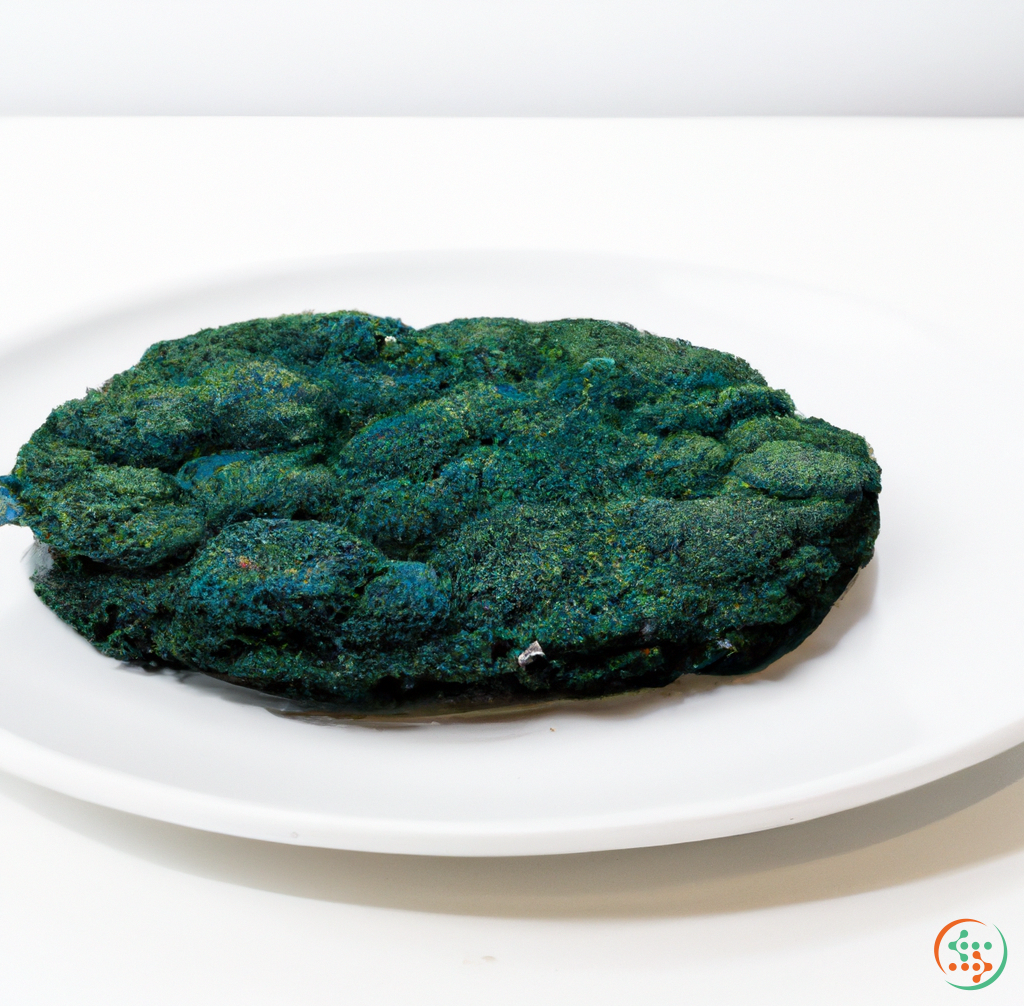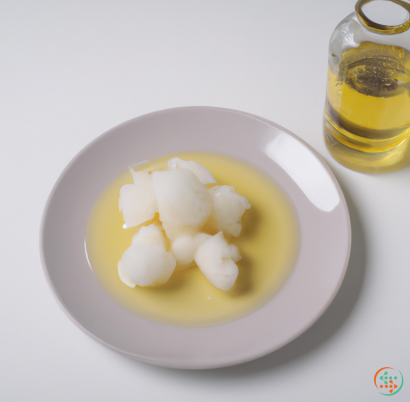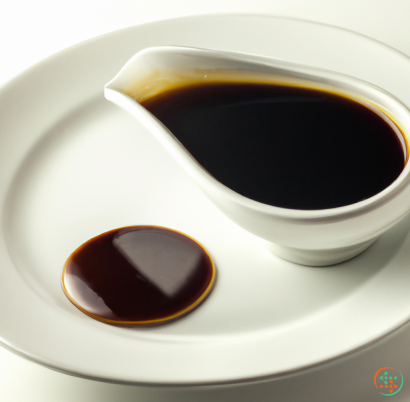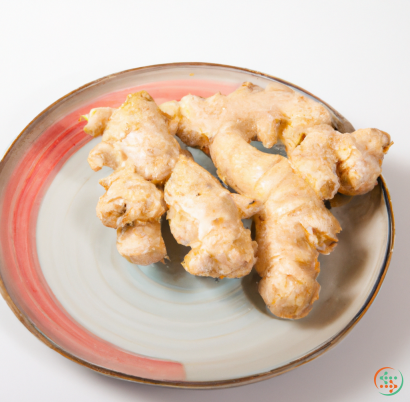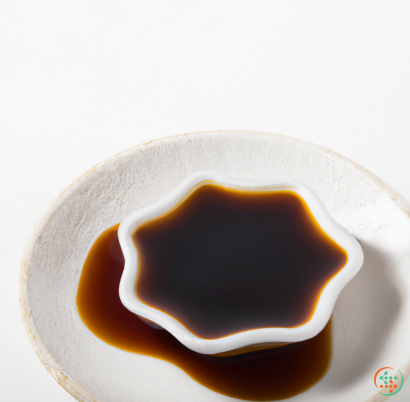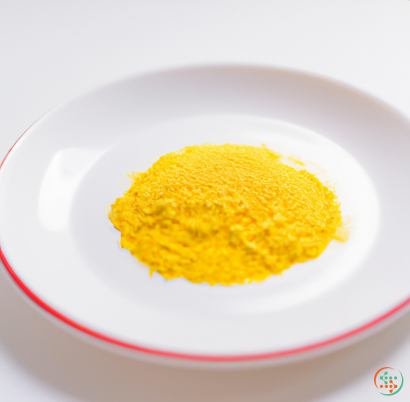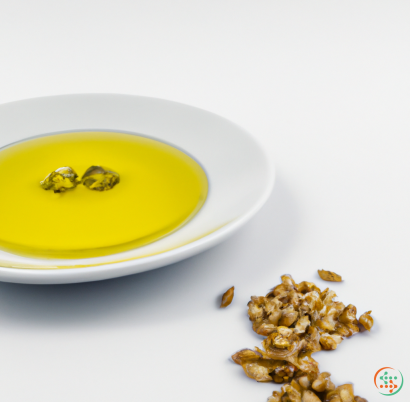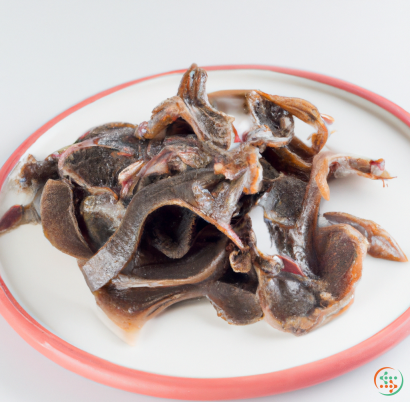Spirulina
Spirulina, a type of blue-green algae found naturally in the salty and alkaline waters of lakes, is experiencing a surge in popularity due to its plethora of health benefits. This simple, single-celled organism has been used as a food source for hundreds of years, but only recently have its medicinal qualities and potential as a dietary supplement begun to be fully explored and appreciated. In this article, we'll explore what Spirulina is, what makes it special, and why more and more people are adding it to their daily health routine.
At first glance, Spirulina doesn't look like the most palatable of foods. This bright blue-green algae is actually composed of microscopic filaments that are similar to bacteria, and it grows naturally in bodies of water with a high salt content. What sets it apart as a health superfood is the fact that it contains a number of essential nutrients, including essential amino acids, antioxidants, vitamins, minerals, and phycocyanin (a unique blue-green pigment).
The high nutrient and protein content of Spirulina makes it an excellent food source; in fact, some parts of the world have used the algae as a dietary staple for centuries. From the South American town of Titticaca to the West African region of Chad, Spirulina has served as an important dietary component, particularly when other nutritional sources were scarce or unavailable.
Spirulina's concentration of nutrients is, in part, what makes it such a powerful nutritional tool. The blue-green algae contains more than 60% protein, along with other minerals like calcium, magnesium, and potassium. It's also packed with a variety of vitamins, including Vitamins C, E, and A. In addition, the plant is rich in dietary fiber and essential fatty acids, and its phycocyanin content is thought to have antioxidant and anti-inflammatory effects. All of these compounds can help to protect the body from the damaging effects of stress, infection, and disease.
In addition to its impressive nutritional profile, Spirulina also offers some potential health benefits. Many studies have suggested that the blue-green algae may possess a number of anti-inflammatory and antimicrobial properties, while other studies have linked Spirulina consumption to lower cholesterol levels, improved cardiovascular health, and enhanced glucose metabolism. Other possible applications include the treatment of certain forms of cancer, liver disease, and dementia, although further research is needed to establish any concrete connections.
In terms of those looking to add Spirulina to their daily health routine, the blue-green algae can be found in a variety of forms. It is available in powder, capsule, and tablet forms, each with slightly different concentrations of nutrients and active compounds. Whatever form you choose, make sure to follow the directions listed on the package.
Spirulina can also be found in many health foods and supplements, including juices, energy bars, and smoothies. It can also be eaten on its own or added to recipes for a tasty and nutritious boost.
For those who are just starting to explore the potential health benefits of Spirulina, the plant can be a great addition to an overall well-rounded diet. However, anyone considering Spirulina should consult with their doctor first to make sure they understand potential risks and benefits associated with this unique and powerful little algae.
The dreaded dinner time conversation that every parent will recognize: "What's for dinner?" It is a struggle to provide meals that are both healthy and flavorful, especially when our plates are filled with familiar, processed favorites. But, what if there was an option chock full of nutrition, packed with protein, calcium, and vitamins and that tasted incredibly delicious? Introducing Spirulina, a blue-green algae that can revolutionize the way people look at their dinner plate.
What Is Spirulina and What Benefits Does it Offer?
Spirulina is one of the few plant sources of easily digestible concentrated protein, providing users with all of the essential amino acids that the body needs, but cannot produce on its own. This means that anyone who chooses to go vegan or vegetarian can rely on this nutrient-rich source of protein to stay healthier. Spirulina is also rich in B-vitamins and minerals, such as magnesium, iron, and calcium. It is abundant in antioxidants, to protect us from oxidative damage and several carotenoids and other plant pigments, which help us to stay young and healthy.
The Manufacture of Spirulina
Spirulina is a type of freshwater, photoautotrophic micro-algae, which means it derives its energy from sunlight, and sometimes gets cultured in inland salt lakes. However, since modern-day ocean waters, especially near the equator, contain certain minerals that enable the algae to thrive, it is more commonly cultivated in warm seawater, from which it gets the micronutrients it needs, including magnesium, manganese, phosphorus, potassium, selenium, and sulfur.
Commercial producers of Spirulina harvest the algae in open ponds, unlike the machinery used to cultivate the chloroplasts of land plants, which operate within a controlled environment, efficiently utilizing the natural minerals contained in the water. Spirulina is usually scraped off rocks or the bottom of salt ponds, where it clings where high concentrations of the natural minerals are more prevalent.
In order to create an ideal setting for the micro-algae, commercial producers carefully consider the salinity, pH levels, turbidity, temperature and other nutrients in the water. Spirulina grows extremely fast and can double in biomass every two days in ideal conditions, so the producers actively monitor the growth rate, water temperature, and quality of the crop in order for the Spirulina to virtually double or sometimes even triple in volume by the time of harvest.
When the producers decide that the Spirulina has grown to their desired size and level of quality, they collect and dry the algae to capture the desired nutritional bioactivity. This process involves skimming up the algae with nets or machines, then draining the collected biomass onto drying beds located near the salt ponds, where the sun and wind work together to dry the product.
The Producers then transport the algae to a secure location, where they remove the salt and rinse the dried product to preserve its nutritional content. The last step is a proprietary process that pulverizes the Spirulina into the refined powder that most consumers recognize today.
The Packaged Journey of Spirulina
The packaged journey of Spirulina begins with the packaging equipment, which needs to be designed to effectively seal the powder within its packaging. This is accomplished with sealing devices, such as roll-high filled pouches, which protect the organic Spirulina powder inside while keeping the oxygen out.
The packaged Spirulina also needs to be made shelf-stable and tamper-resistant, so it can safely make its way from warehouses to retail outlets without compromising its nutrition or valuability. Producers ensure this is done through tamper-proof technology, such as child-resistant closures, tamper-evident labels or sleeves, and special laser marks.
With the necessary packaging and transport precautions in place, large shipments of Spirulina travel to major retailers, manufacturers, and health food stores around the world. These locations thoroughly inspect the product for quality and safety, including ensuring that the Spirulina meets all relevant regulation standards, before stocking and selling them to consumers.
Spirulina on the Dinner Table
When Spirulina reaches an individual's dinner table, it is incredibly versatile and versatile. There are many ways to incorporate this nutrient-rich, protein-packed powerhouse into meals. Some popular methods include adding it to smoothies and shakes, sprinkling it over salads, or blending it into dips and dressings. For a more subtle flavor, some people prefer to mix Spirulina in with other foods that they are already familiar with, such as oatmeal, yogurt, or other foods.
But, the taste of Spirulina can still be enjoyed in its own right. Perhaps the most popular way to enjoy it is by adding it to your favorite recipes, just like any other spices. For instance, the flavor of Spirulina can be added to cooked quinoa to enhance the taste and nutrition of a variety of meals. By transforming nutritious dishes that you already love into something with an even greater nutrient value, Spirulina truly revolutionizes what your dinner plate can look like.
Spirulina is truly an impressive superfood — providing a wealth of health benefits, as well as a unique and delicious taste to each meal. The unique manufacturing process ensures that the micro-algae will maintain its nutritional content, while the packaging and transport of the final product make sure it is safe to consume. From the dinner plate to tomorrow’s lunch bag, Spirulina promises a bright future for one’s health and the health of the planet.
| Vitamin A | 0.003 mg | |
| Beta-Carotene | 0.033 mg | |
| Vitamin E | 0.49 mg | |
| Vitamin K | 0.0025 mg | |
| Vitamin C | 0.9 mg | |
| Vitamin B1 | 0.22 mg | |
| Vitamin B2 | 0.34 mg | |
| Vitamin B3 | 0.0012 grams | |
| Vitamin B4 | 0.0065 grams | |
| Vitamin B5 | 0.33 mg | |
| Vitamin B6 | 0.03 mg | |
| Vitamin B9 | 0.009 mg |
| Calcium | 0.012 grams |
Daily Value 1.3 g
|
| Iron | 0.00279 grams |
Daily Value 0.018 g
|
| Magnesium | 0.019 grams |
Daily Value 0.4 g
|
| Phosphorus | 0.011 grams |
Daily Value 1.25 g
|
| Potassium | 0.127 grams |
Daily Value 4.7 g
|
| Sodium | 0.098 grams |
Daily Value 2.3 g
|
| Zinc | 0.2 mg |
Daily Value 0.011 g
|
| Copper | 0.6 mg |
Daily Value 0.9 mg
|
| Manganese | 0.19 mg |
Daily Value 0.0023 g
|
| Selenium | 0.7 ug |
Daily Value 0.055 mg
|
| Tryptophan | 0.096 grams | |
| Threonine | 0.306 grams | |
| Isoleucine | 0.331 grams | |
| Leucine | 0.509 grams | |
| Lysine | 0.312 grams | |
| Methionine | 0.118 grams | |
| Cystine | 0.068 grams | |
| Phenylalanine | 0.286 grams | |
| Tyrosine | 0.266 grams | |
| Valine | 0.362 grams | |
| Arginine | 0.427 grams | |
| Histidine | 0.112 grams | |
| Alanine | 0.465 grams | |
| Aspartic Acid | 0.597 grams | |
| Glutamic Acid | 0.864 grams | |
| Glycine | 0.319 grams | |
| Proline | 0.245 grams | |
| Serine | 0.309 grams |
| Total Sugars | 0.3 grams |
per 100g
|
| Palmitic acid (16:0) | 0.13 grams |
|
| Total Saturated fatty acids: | 0.13 g | |
| Oleic acid (18:1) | 0.02 grams |
|
| Palmitoleic acid (16:1) | 0.02 grams |
|
| Total Monounsaturated fatty acids: | 0.04 g | |
| Linolenic acid (18:3) | 0.04 grams |
|
| Linoleic acid (18:2) | 0.06 grams |
|
| Total Polyunsaturated fatty acids: | 0.1 g | |
